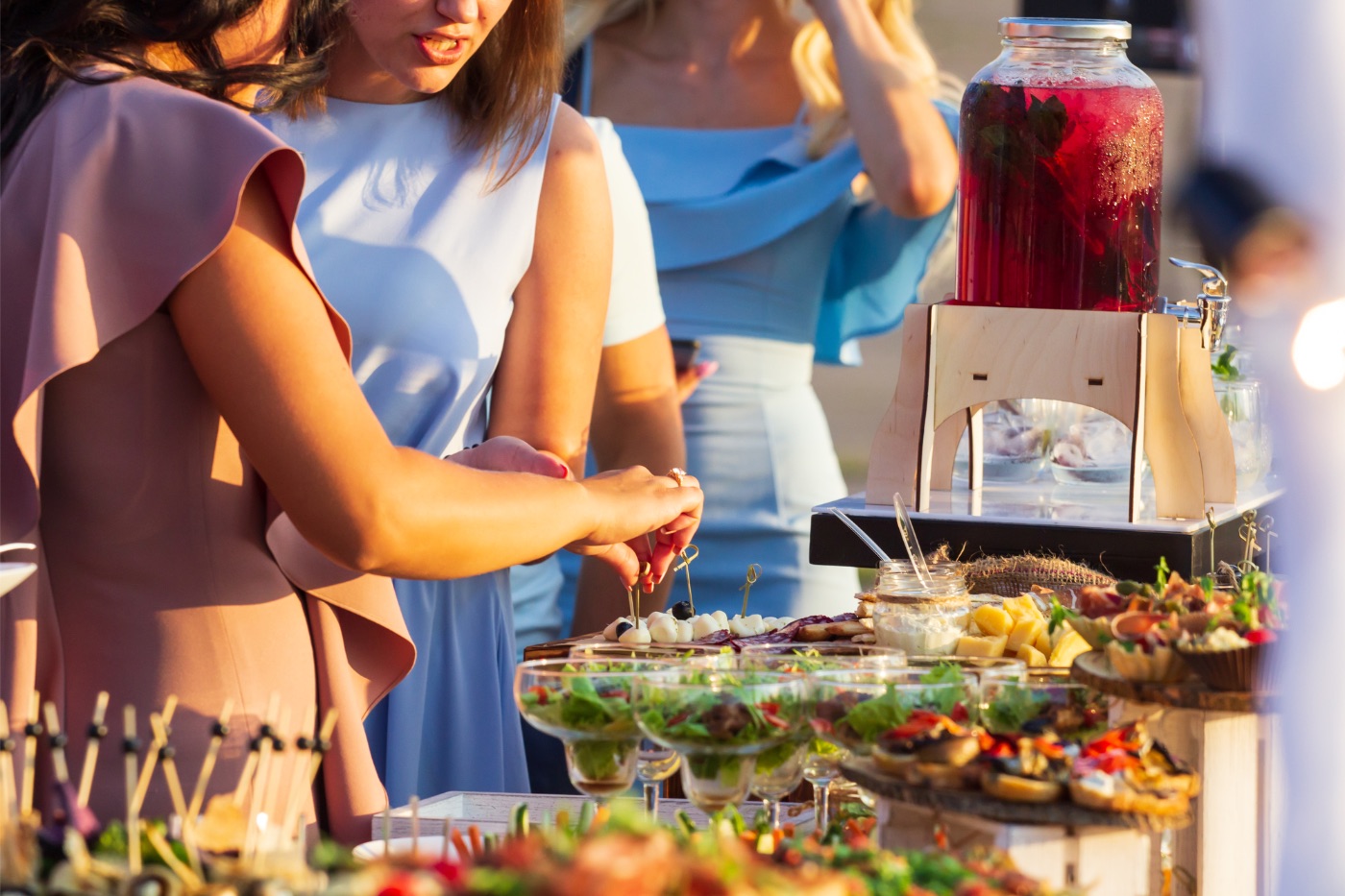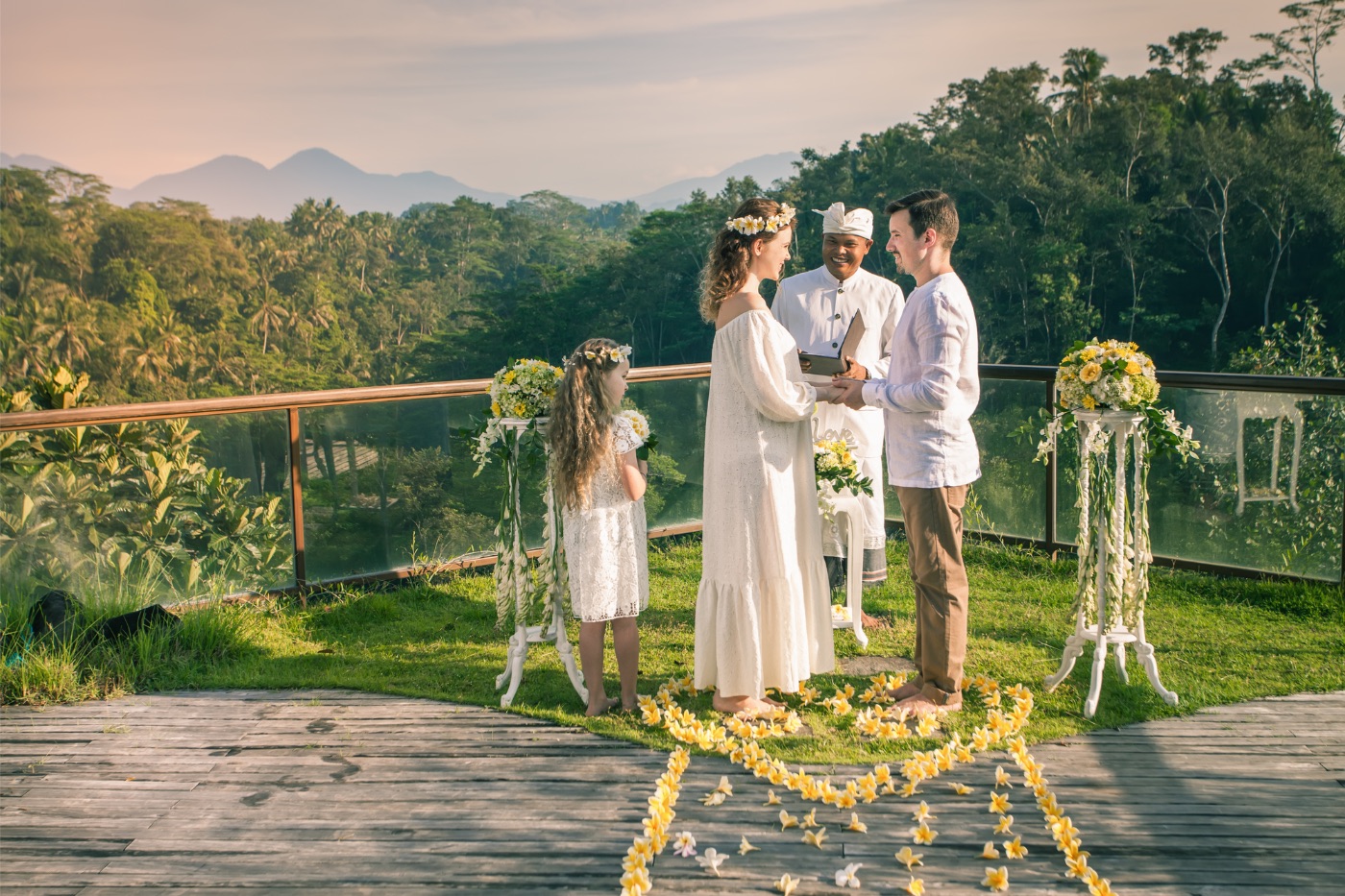Navigating the nuances of wedding tipping etiquette can often feel like a complex puzzle, especially when trying to determine whom you should tip and how much you should give. This article breaks down wedding tipping etiquette for you. You'll learn who to tip, how much, and when on your big day. We guide you through wedding tipping step by step.
For your wedding day, consider tipping caterers 15-20% of the food and beverage bill, officiants $50-$100, and photographers/videographers $50-$100 per person. Wedding coordinators may receive 10-20% of their fee. Adjust these amounts based on service quality.

When planning your wedding, it's important to remember the people who make your day special. Understanding when and how much to tip your wedding vendors is a key aspect of this consideration.
Who to Tip? Your wedding vendors often go above and beyond to ensure your day is perfect. While some vendors include a service fee in their contracts, others do not, and a tip is a generous gesture to show your appreciation.
Read up on the detailed guidelines for tipping wedding vendors to be fully prepared.
Timing Matters Figuring out the appropriate time to distribute tips is as crucial as the amount.
For streamlined tipping, prepare envelopes labeled with each vendor's name before the event. A trusted person, like your wedding planner, can help distribute these on your behalf. Find out more about when and how to tip at your wedding.
By following tipping etiquette thoughtfully, you ensure that those contributing to your wedding feel valued and appreciated.
When planning your wedding budget, it's essential to consider gratuities as a way of thanking your vendors for their exceptional service. The right tip amount acknowledges their effort and contributes to their livelihood.
Percentage-Based Tips:
Flat Rate Tips:
| Vendor Type | Good Service | Exceptional Service |
|---|---|---|
| Officiant | $50 - $100 | Up to $150 |
| Hair and Makeup Artist | 15% - 20% | 20% - 25% |
| Catering Staff Per Person | $10 - $20 | $20 - $30 |
Standard Service: For satisfactory but not extraordinary service, adhere to the lower end of typical tipping guidelines.
Quality of Service: Always reflect on the quality of service received. This reflection will help you decide whether to adjust your tip up or down within the customary ranges.
When you're celebrating your wedding day, showing appreciation to your vendors through tips is a gesture of gratitude for their hard work. It's important to budget for these extras in advance and be aware of the customary amounts.
Catering staff and bartenders play a significant role in ensuring your guests are well-fed and content. For caterers, it's common to tip 15-20% of the total bill if gratuity isn't already included. For individual servers and bartenders, $10-$20 per staff member is recommended.

Photographers and videographers capture the precious moments of your day. While tipping isn't mandatory due to their often large upfront fees, if you feel they've gone above and beyond, a tip of $50-$200 after receiving your photos is a wonderful compliment.
Live musicians and DJs set the mood for your event. A good rule of thumb is to offer musicians $25-$50 per band member and DJs a tip ranging from $50-$150, depending on the level of service and time spent at your wedding.

Florists and decorators rarely expect tips, but if you’re particularly dazzled by their work, consider a tip of 10-15% of the decoration costs or a flat amount of $50-$150 for exceptional design work.

Your wedding planner and their assistants turn your vision into reality. They often own their business, so tipping isn't required. If you're pleased with their service, 10-20% of their fee or a personal gift is a meaningful gesture of appreciation.

Hair and makeup artists ensure you and your bridal party look picture-perfect. Tipping 15-25%, just as you would at a salon, is standard practice for these beauty professionals.

Transportation providers and parking attendants make getting to and from your venue seamless. A tip of $20-$50 per driver is standard, while $1-$2 per car for parking attendants is typical if not included in their service charge.
The officiant might not expect a tip if they're affiliated with a church or synagogue. However, a donation to their institution is a recommended way to say thank you. Ceremony musicians generally receive $15-$20 apiece as a sign of your gratitude.

When expressing your appreciation to wedding vendors, consider that a heartfelt "thank you" can be just as valued as a cash tip. Non-monetary gratuities like Thank You cards, reviews, and referrals go a long way in the wedding industry where personal touches and relationships matter.
A personal Thank You card is a timeless way to express your gratitude. After your wedding, take the time to write a sincere message recognizing the exceptional service you received. It's important to:
Your positive reviews and referrals carry immense weight in the wedding planning business. To support your vendors:
Your personal recommendation is a powerful way to acknowledge the quality of their work and contribute to their business success.
Navigating wedding tipping can be complex, particularly around contracts and recognizing those who've gone above and beyond. Here's how you can manage with clarity and courtesy.
Before considering tips, thoroughly review your vendor contracts. Some contracts may already include a service fee, which can be a fixed amount or a percentage of the overall cost. This fee often goes to the service staff, so additional tipping may not be necessary. However, if the service fee is not included, a tip of 15-20% is customary.
When vendors exceed your expectations, an additional tip can be a generous way to say "thank you" for a job well done. Whether it's the florist who captured your vision perfectly or the planner who orchestrated your day seamlessly, additional gratuities should reflect the level of exceptional service provided.
Suggested Extra Tip: $50 - $200, depending on the extent of their extraordinary effort and impact on your event.
Pre-wedding events like the cocktail hour also involve professionals deserving of acknowledgment. From mixologists creating custom drinks to coordinators ensuring every detail is in place, these wedding professionals play a crucial role in the success of your festivities.
By keeping these special considerations in mind, you'll effectively navigate the nuances of wedding tipping etiquette and show appreciation for the hard work that goes into your wedding.
When crafting your wedding tipping plan, you'll want to ensure you allocate your budget wisely and prepare to distribute tips with ease on your big day.
Begin by reviewing your wedding budget to set aside an appropriate amount for tips. Typical tipping protocol suggests allocating an additional 15-25% of the total cost for vendors like the catering staff who do not own the business but provide essential services at your event.
For example, if your catering bill comes to $5,000, plan for at least $750-$1,250 in cash tips to appropriately thank the catering team for their hard work.
Next, withdraw the total cash tips in advance and prepare labeled envelopes for each set of vendors. Doing so will streamline the process and ensure that each person is thanked properly for their contributions to your wedding day. Here's a simple guide on how to prepare for tipping your wedding vendors:
On the day of, it's wise to assign a trustworthy person — perhaps your wedding planner, a family member, or a member of the bridal party — to distribute the envelopes containing cash tips to your vendors. This will allow you to focus on enjoying your celebration without worrying about the logistics of tipping.